IsoLok
Cool Series
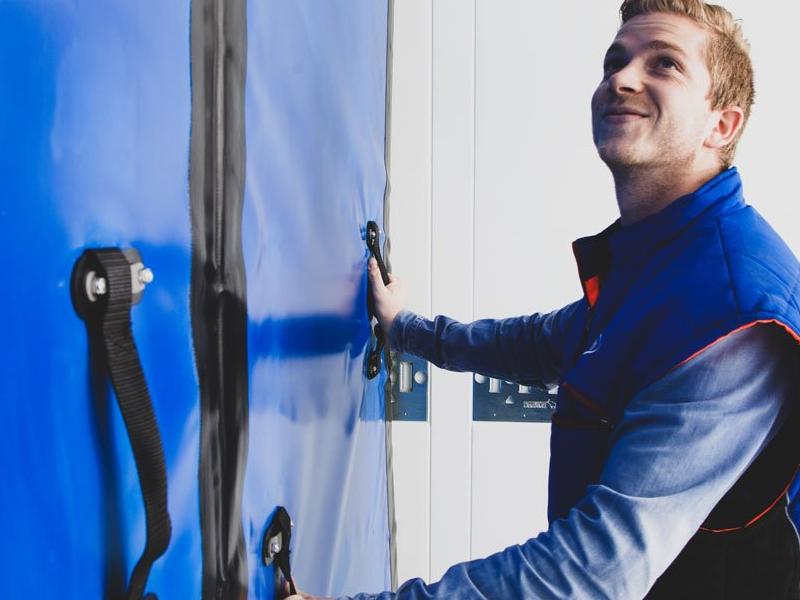
With Clever Foam Technology (CFT)
Read more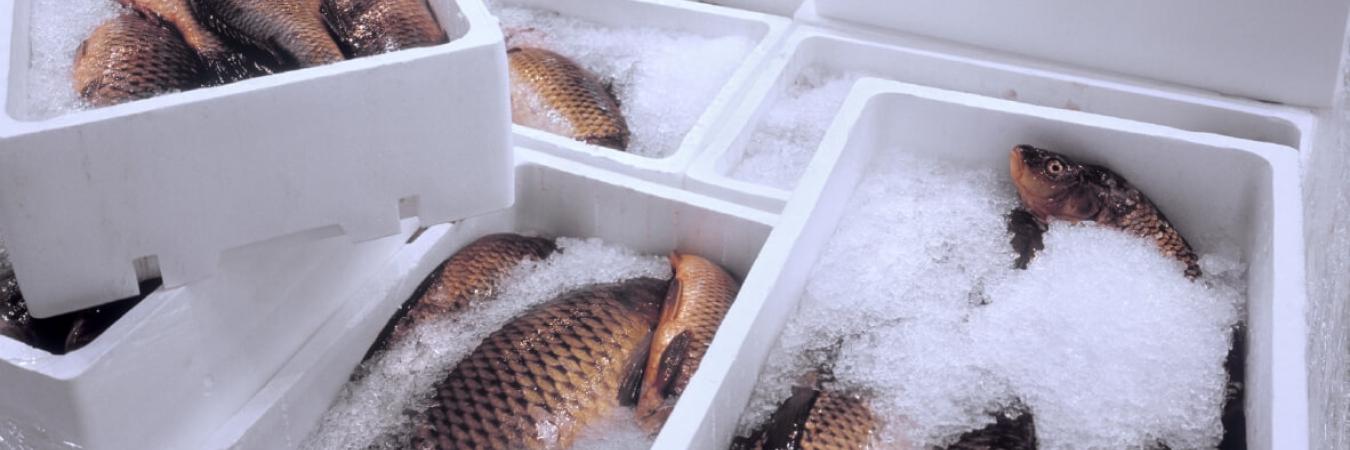
Recent research conducted by industry experts at DP World (Dubai Port) has ignited a discussion within the refrigerated transport sector. They advocate for an adjustment: lowering the standard temperature by three degrees. This seemingly small change, according to findings from esteemed academic institutions such as the International Institute of Refrigeration, the University of Birmingham, and London South Bank University, could yield monumental benefits. It's estimated that such a shift could curtail carbon dioxide emissions by a staggering 17.7 million metric tonnes annually, equivalent to the emissions of 3.8 million cars each year. LoadLok wants to feel what the sentiment of our valued customers regarding a potential shift in refrigerated transport practices is, aimed at reducing carbon emissions and advancing environmental sustainability.
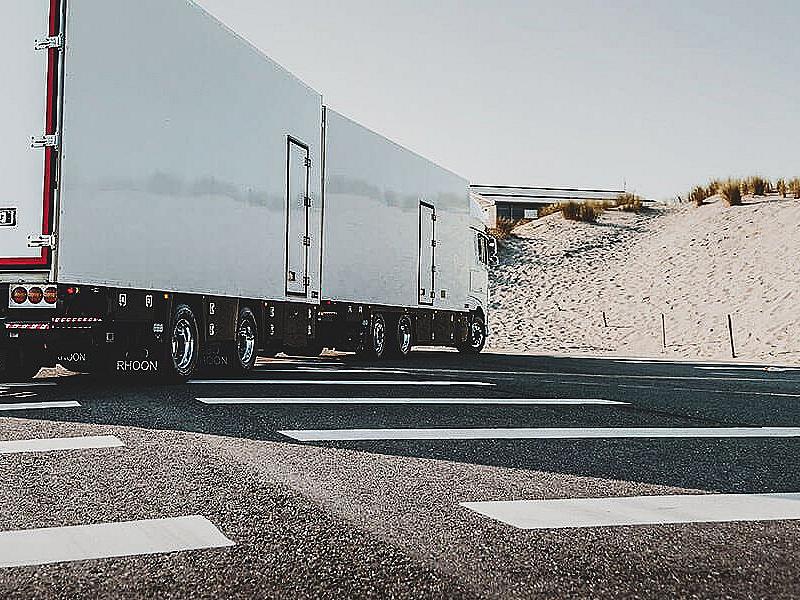
Traditionally, frozen food has been transported and stored at a standard temperature of -18°C, a norm that has remained unchanged for over nine decades. However, this practice comes with a significant environmental toll. For every degree below zero that food is stored, an additional two to three percent of energy is required. By raising the standard temperature to 15°C, substantial energy savings ranging from five to 12 percent could be achieved.
DP World is spearheading an industry-wide initiative to explore the feasibility of this temperature adjustment. Their coalition, which includes prominent organizations such as Daikin, AP Moller-Maersk, the Global Cold Chain Alliance, Kuehne + Nagel, and Lineage, aims to drive collective action towards sustainable refrigerated transport practices.
The demand for frozen food is on the rise, particularly in developing countries, where evolving consumer preferences and affordability considerations drive market growth. However, inefficient refrigerated logistics contribute to food waste, with an estimated 12 percent of annually produced food being discarded due to inadequate cold chain infrastructure.
Moreover, climate change exacerbates food insecurity, with events like extreme heatwaves in regions like Pakistan leading to substantial crop losses. In response, the need for resilient cold chain systems becomes increasingly evident. By adopting more sustainable practices in refrigerated transport, we can mitigate food waste, ensure food security, and safeguard nutritional resources amidst environmental challenges.
As we navigate the complexities of modern food supply chains, initiatives like DP World's coalition offer a beacon of hope. By collectively addressing the environmental impact of refrigerated transport, we can pave the way for a more sustainable future, ensuring access to safe and nutritious food for generations to come.
Let us know what you think about raising the standard for frozen food. Will you join the movement? LoadLok supports the adjustment to -15 degrees.
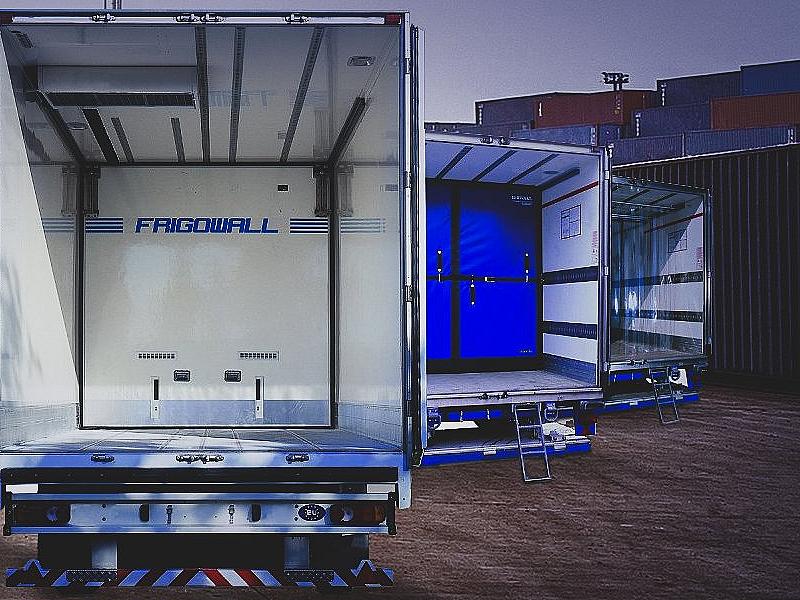
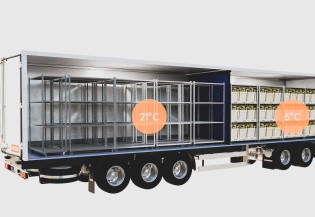
Find every download related to IsoLok: User Manuals, Mounting Instructions, Product Information and Brochure.
Read more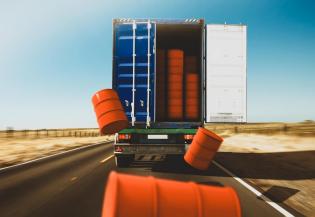
As a transport company, you know that ensuring the safety of your cargo is evident —not just for operational efficiency but also to comply with regulations.
Read more